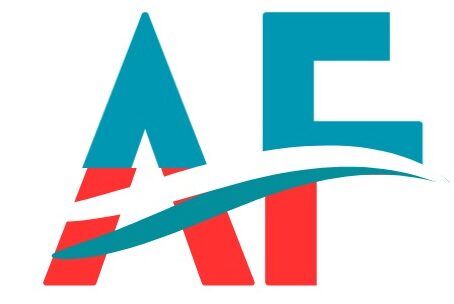The Reserve Bank of India’s (RBI) Monetary Policy Committee (MPC) meeting is approaching, and the anticipation is palpable among economists, investors, and stakeholders alike.
With the global economic landscape continuously shifting, one primary concern has emerged: the soaring prices of crude oil. Religare Broking has recently weighed in on this issue, predicting that a reduction in interest rates may not be forthcoming due to these rising costs.
Understanding the Current Economic Context
The past few months have seen significant fluctuations in global crude oil prices, primarily driven by geopolitical tensions, supply chain disruptions, and a resurgence in demand as economies rebound from pandemic-induced slowdowns.
The implications of these price hikes extend beyond the oil market; they influence inflation, consumer sentiment, and the broader economic landscape.
Crude oil is a critical input for various sectors, from transportation to manufacturing. As prices rise, so do the costs associated with goods and services, which in turn exerts upward pressure on inflation rates. Consequently, this has created a challenging environment for the RBI, tasked with balancing inflation control with the need for economic growth.
The Role of the RBI MPC
The MPC’s role is crucial in setting the monetary policy framework for India. It consists of members who assess various economic indicators, including inflation rates, GDP growth, and external economic pressures, to make informed decisions on interest rates.
Typically, a cut in rates is aimed at stimulating economic growth by encouraging borrowing and investment. However, the current environment, characterized by rising crude oil prices, complicates this approach.
Religare Broking’s analysis highlights the tension between supporting economic growth and controlling inflation. As crude oil prices surge, the RBI faces increasing pressure to maintain a cautious stance. If rates were to be cut, it could further exacerbate inflation, leading to a detrimental impact on the economy in the long run.
The Inflation Dilemma
Inflation has been a pressing issue globally, and India is no exception. The RBI aims to maintain inflation within a target range of 2% to 6%. However, with crude oil prices on the rise, there are fears that inflation could breach this threshold. A high inflation rate can erode purchasing power, diminish consumer confidence, and ultimately slow down economic growth.
The relationship between crude oil prices and inflation is particularly pronounced in India, where a significant portion of the economy relies on imported oil. As costs rise, they impact not only transportation but also the prices of essential goods and services. This creates a vicious cycle, where higher oil prices lead to higher inflation, prompting calls for the RBI to intervene.
Future Prospects: What to Expect from the RBI MPC
Given the current scenario, what can we expect from the upcoming MPC meeting? Religare Broking’s insights suggest that the RBI is likely to maintain its current stance on interest rates, refraining from cuts in the short term. This decision aligns with the need to stabilize inflation and ensure economic sustainability.
Investors and market participants will be closely watching the MPC’s statements and the economic indicators leading up to the meeting. Key data points, such as consumer price index (CPI) readings, producer price index (PPI) figures, and global oil price trends, will play a significant role in shaping the RBI’s decisions.
The Importance of Monitoring Global Trends
The interconnectedness of global economies means that developments beyond India’s borders can significantly impact local monetary policy. For instance, geopolitical tensions in oil-producing regions or changes in production quotas by OPEC can influence crude oil prices and, consequently, India’s inflation rates.
Moreover, fluctuations in the value of the Indian Rupee against the US Dollar can impact import costs, including oil. A weaker Rupee makes imports more expensive, further aggravating inflationary pressures.
The Investment Landscape
For investors, understanding the implications of the RBI’s decisions is crucial. Interest rates directly affect borrowing costs and, consequently, consumer spending and business investment. While rate cuts may be favorable in a low-interest environment, the current climate calls for caution.
Investors may want to consider diversifying their portfolios to mitigate risks associated with rising oil prices and inflation. Sectors such as renewable energy and technology may offer growth opportunities as the world moves towards more sustainable practices.
AFRIPOPULA

